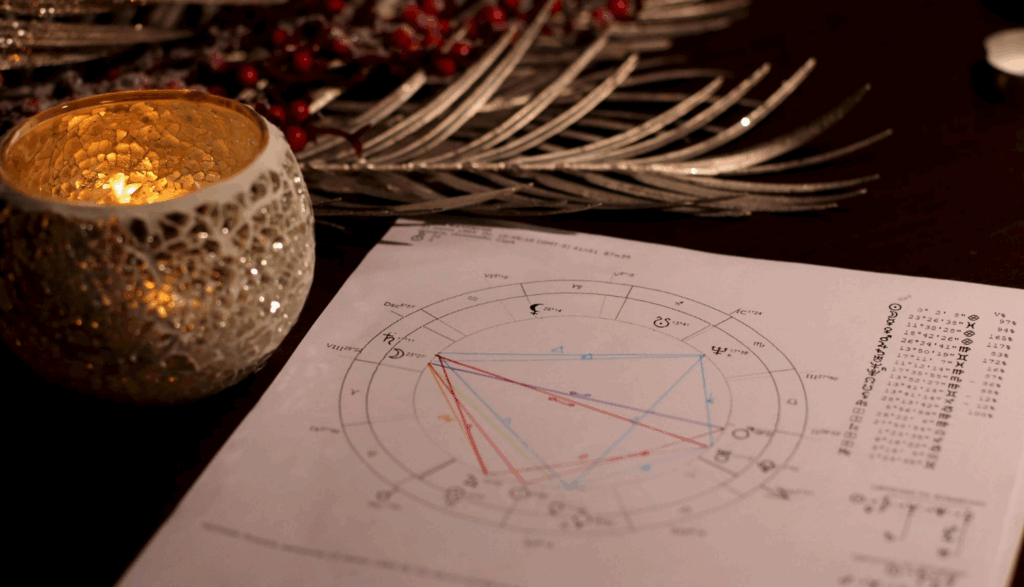In the ancient science of Vedic astrology (Jyotish Shastra), your horoscope is seen as a sacred map of the soul’s journey through time. It does more than reflect your personality or predict future events — it unveils the karmic patterns that have been carried over from previous lifetimes. These patterns influence your experiences, relationships, challenges, and growth in this life.
Karma, in its simplest form, means action and consequence. Every deed — whether physical, emotional, or mental — generates energy that shapes our future. Vedic astrology believes that the position of the planets at the moment of your birth reflects the exact karmic baggage your soul has brought into this incarnation.
The Role of the Planets
Each planet in your Vedic birth chart (Janma Kundali) plays a specific karmic role:
-
Saturn (Shani) is the planet most associated with karma. It represents discipline, responsibility, and the long-term consequences of past actions. Wherever Saturn is placed in your chart shows where you may face delays, tests, or lessons — but also where you can build great strength through patience and effort.
-
Rahu and Ketu (the lunar nodes) are especially significant. Known as the “karmic axis,” they show the soul’s past (Ketu) and future direction (Rahu). Ketu indicates what you’ve already mastered in previous lives and may now feel detached from, while Rahu shows where your soul is destined to evolve, often through intense desires or unfamiliar experiences.
Related: Wishes on Stars: Manifesting Dreams Through Astrological Practices
-
Jupiter, the guru or teacher, reflects the karma of knowledge, wisdom, and spiritual merit. Its placement can show past good deeds and blessings, especially when well-positioned.
-
Mars, Venus, Mercury, and the Moon also hold karmic clues, especially when linked to key houses or involved in planetary yogas (combinations) that highlight past-life tendencies.

The Importance of the Houses
-
The 5th house is a powerful indicator of past-life karma and merits (Purva Punya). A strong 5th house or its ruler can suggest that the soul has done good deeds in previous incarnations and brings blessings in this life — such as talent, intelligence, or spiritual gifts.
-
The 6th house reflects karmic debts and enemies — both internal and external. It often points to struggles the soul must overcome, especially those involving service, health, or conflicts.
-
The 8th house reveals deep, hidden karmas — including sudden transformations, secrets, or inheritances that come from the ancestral or spiritual realm.
Related: Cosmic Countdown: How the Stars Influence Your New Year Transition
-
The 12th house represents losses, isolation, spiritual liberation, and karmic completion. It often points to where the soul seeks moksha — freedom from the cycle of rebirth.
Karma Is Not Fate
It’s important to understand that Vedic astrology does not promote fatalism. Your horoscope does not lock you into a fixed destiny. Rather, it offers insight into your karmic tendencies — both challenges and gifts — so you can work with them consciously. Through self-awareness, spiritual practice, right action (dharma), and remedies such as mantra, charity, or meditation, you can transform even difficult karma into a path of growth.
In essence, your Vedic horoscope is like a karmic mirror. It reflects the lessons you’ve come to learn, the qualities you’re meant to develop, and the journey your soul is traveling. With this understanding, you can live more intentionally and align with your highest potential.





















